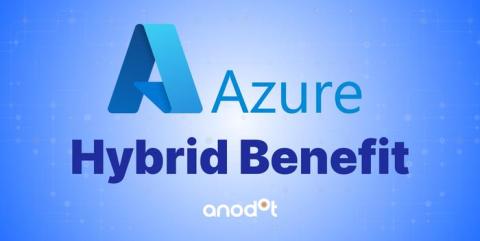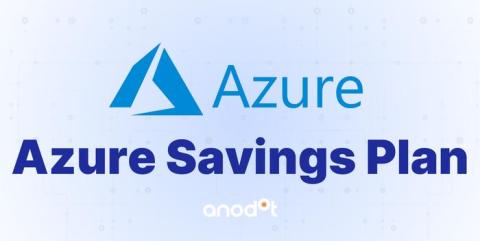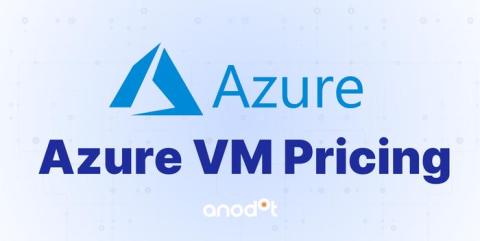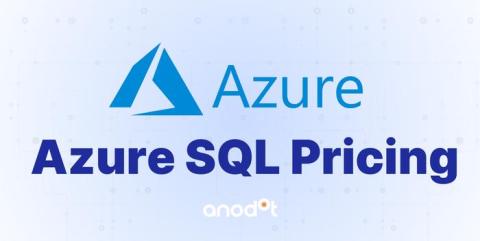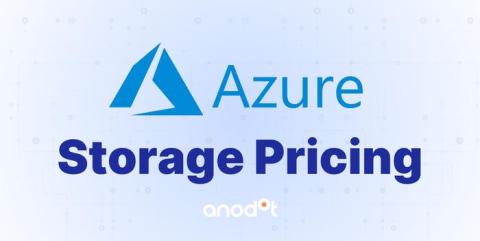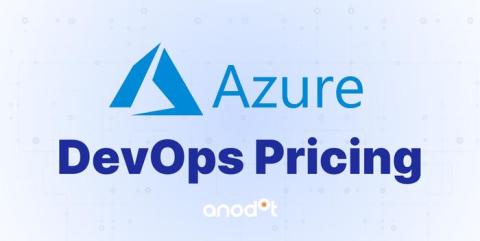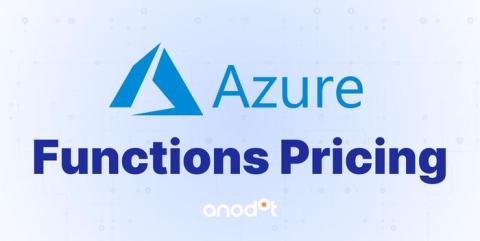All About the Benefits of Azure Hybrid Benefits - A Complete Beneficial Guide
If your company is a big Azure spender, you should use Azure Hybrid Benefit. If not, you’re leaving money on the table. But how much money? If eligible, your company can save up to 40% on Azure Virtual Machines, up to 55% on Azure SQL databases, and, if you combine that with Azure Reserved Instances, you can even save up to 80%. Source: Azure Azure Hybrid Benefit is the perfect way to cut costs while migrating to the cloud.


